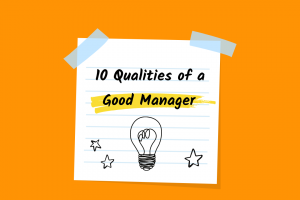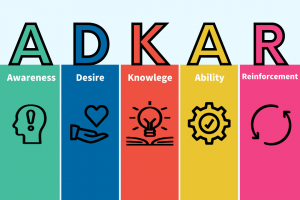People Management
Stay above the everyday management muddle with our tips, strategies, tools and advice on performance reviews, preventing workplace violence, best-practices leadership, team building, leadership skills, people management and management training. Here are some frequently asked questions about people management:
Why does people management matter?
Employee engagement contributes significantly to organizational success. When managers find ways to bring out the best in both individuals and teams, productivity and morale skyrocket. Problems such as absenteeism, workplace conflict and turnover decrease when workers feel valued, supported and part of something larger than themselves.
How does people management involve balancing individual and group concerns?
Managers want to unlock the potential of every employee. Knowing what makes an individual “tick” helps with motivation, and regular constructive feedback keeps each worker aware of what he does well and what needs improvement. But people do not operate in a vacuum. Leaders also must look at the individual within the context of the whole staff. Managers may need to mediate when someone’s attitudes or performance affect group cohesion. They also must make decisions based on what’s best for overall operations, which may draw ire from someone given an undesirable task or passed up for promotion.
What are some common challenges to people management?
- Allocation: Managers often must “make do” with what they have in terms of staff and resources. A lack of tools necessary for optimal performance can be frustrating to everyone involved. Leaders must figure out adjustments while simultaneously watching out for stretching workers too thin.
- Communication: Getting information across involves making it understandable and conveying it in ways that inspire action and acceptance.
- Negativity: Difficult people put a strain on productive members of the team. Bosses must keep a “bad apple” from spoiling the bunch.
- Teamwork: Managers act much like conductors as they attempt to mesh different personalities and work styles into a harmonious whole.
What role does hiring and firing play in people management?
Good hiring decisions get the relationship off to a positive start. Companies need to find the best matches for available positions not only in terms of skill but also in fit with their specific workplace culture. Hiring managers should present candidates with a clear, accurate job description and then take the time to get to know those they are considering. On the other end of the spectrum, companies sometimes face the unpleasant decision of whether or not to terminate someone. Such a movement may result from individual performance/attitude or be deemed necessary for financial/structural reasons. Both situations involve complexities such as fairness, employment laws and effect on other team members in terms of morale and workload.
What role does interpersonal skill play in people management?
Staff members do not all have the same backgrounds, personalities and personal goals. Effective managers respect these differences and interact accordingly. They aim to relate to the individual and see things from alternate perspectives. They listen to needs, fears, dreams and concerns. While they ultimately might disagree, great leaders keep an open mind and thoughtfully consider what others say.
How can managers improve their people management skills?
Evaluate your leadership strengths and weaknesses through thoughtful self-reflection and feedback from team members. Determine where gaps exist, then aim to fill them through targeted reading, seminars, classes or sessions with an executive coach. Also, remember that your behavior sets the tone. Changing others often starts with changing oneself, so work on becoming a role model. And make relationship building a top priority. As the saying goes, “People don’t care how much you know until they know how much you care.”

























